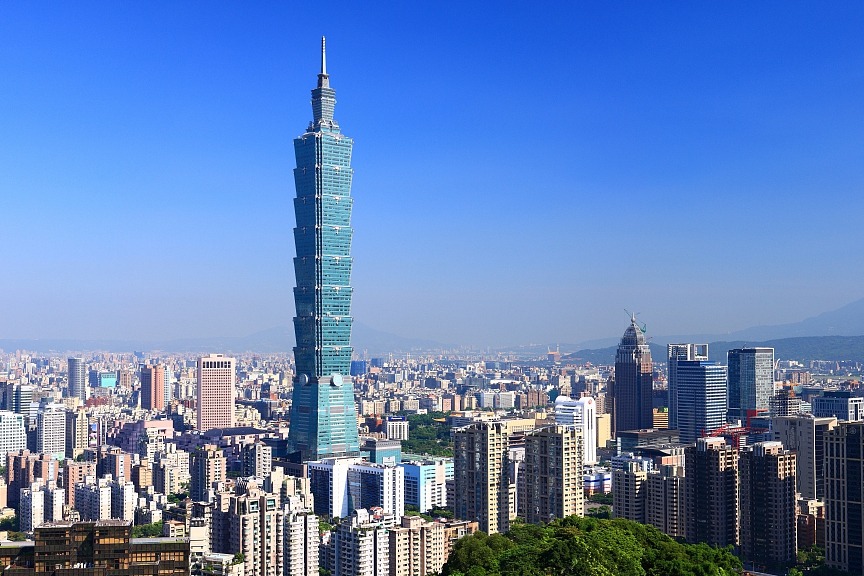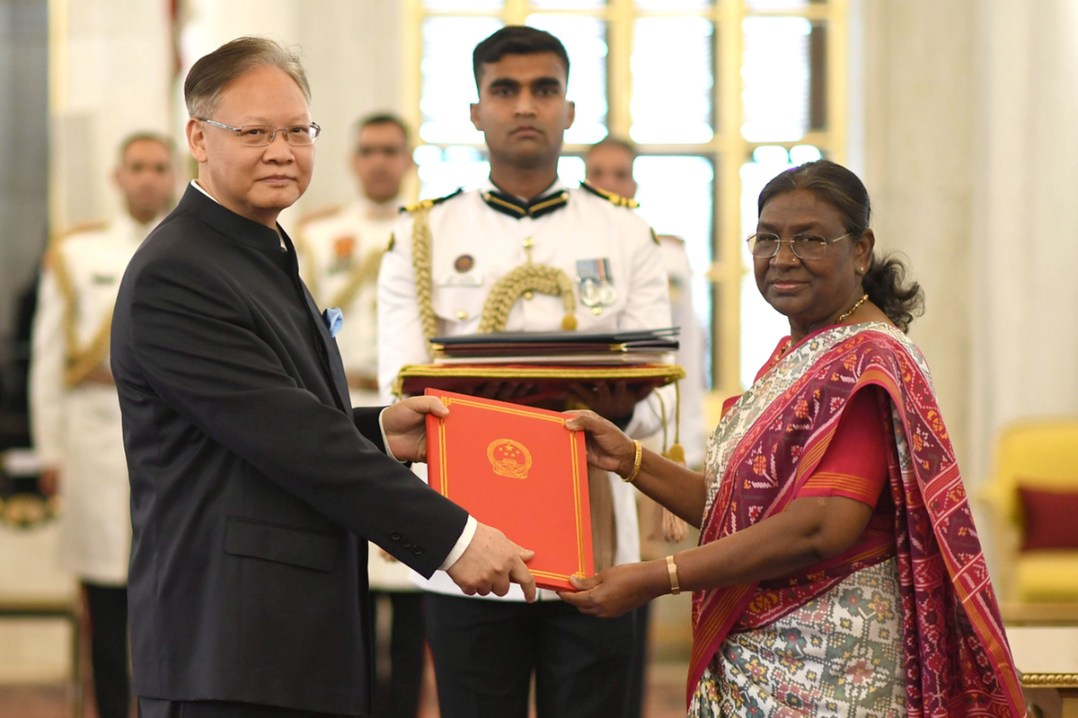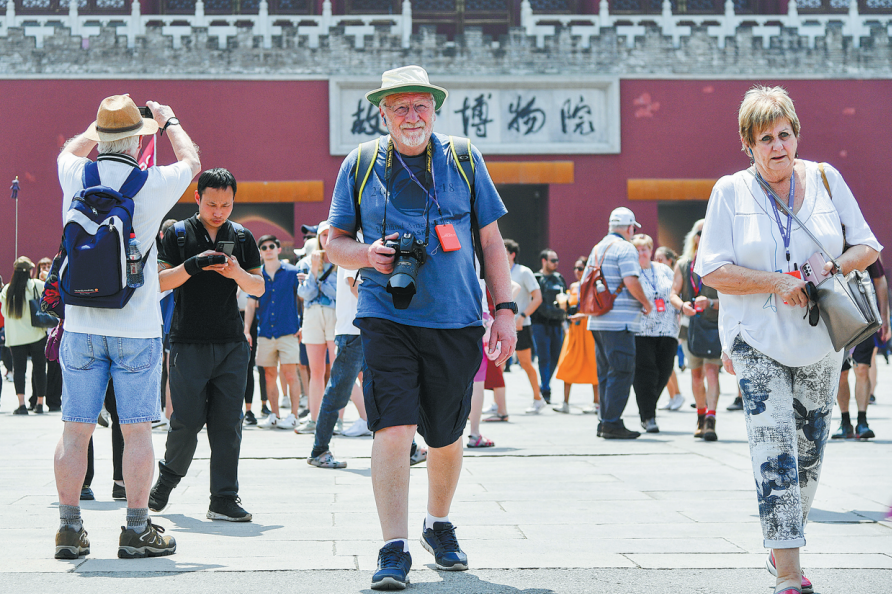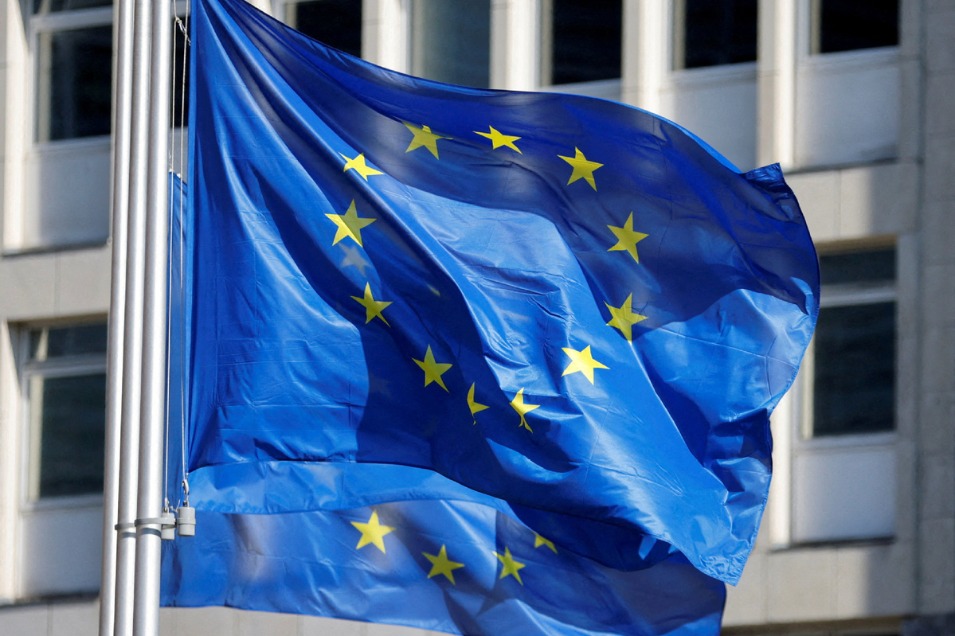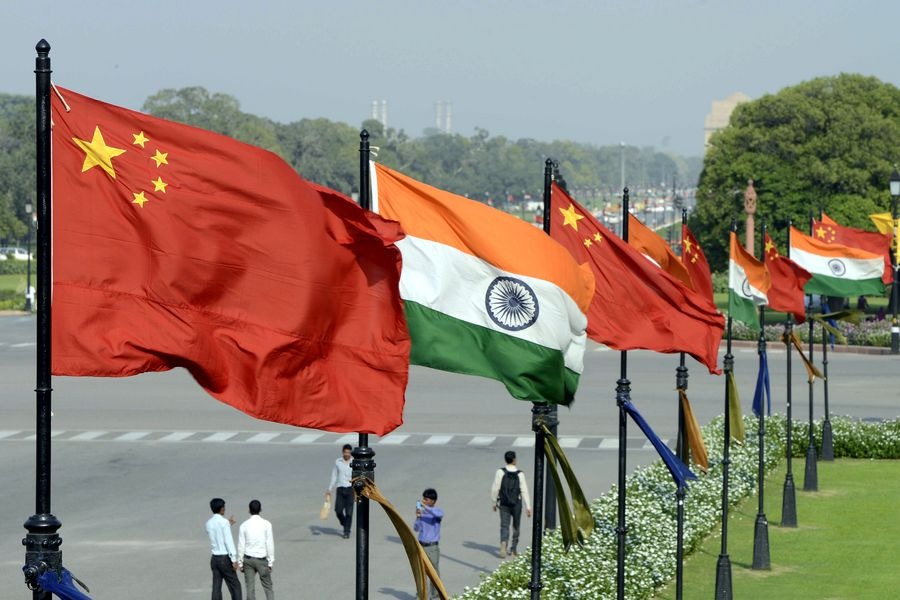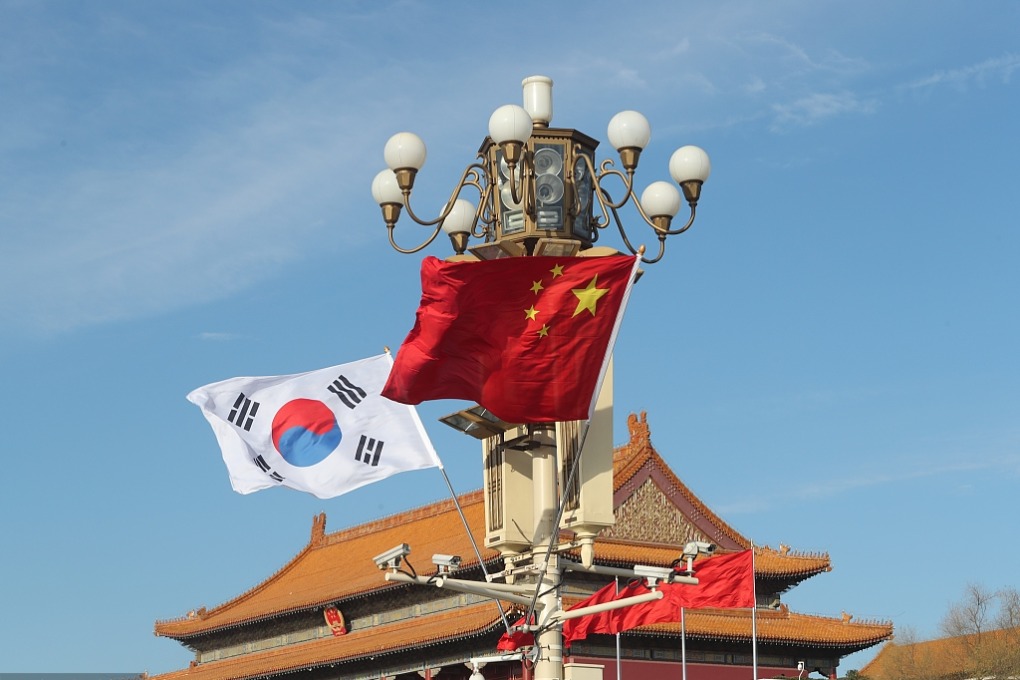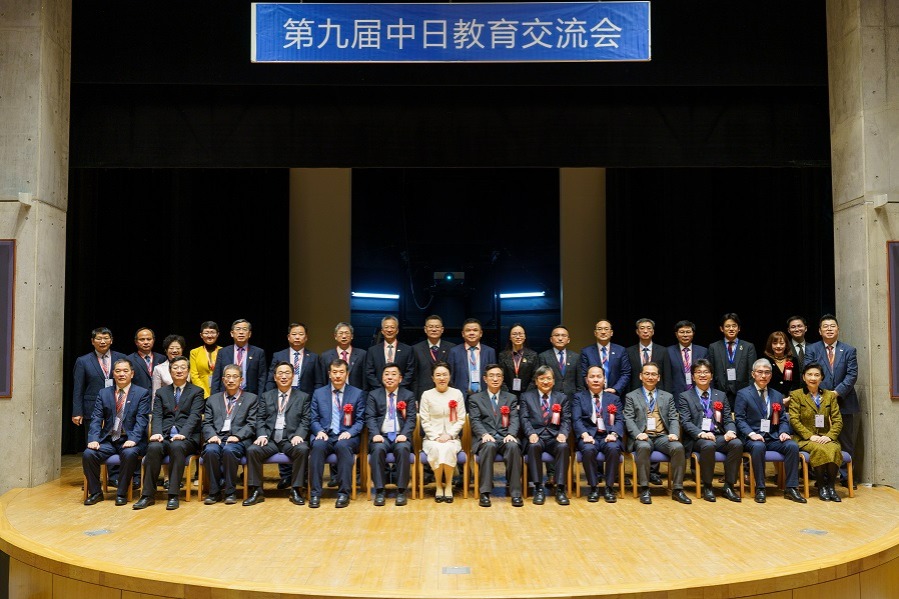Pioneering partners
China and Malaysia are working together to advance a more stable and equitable new world order


The strong relationship between China and Malaysia can be a catalyst for advancing a more stable and representative world order. By leveraging their close ties, both nations can collaborate on diplomatic initiatives, economic partnerships, and cultural exchanges that promote global stability and inclusivity.
In 1974, Chairman Mao Zedong and then Malaysian Prime Minister Tun Abdul Razak Hussein convened in Beijing to formally establish diplomatic relations between China and Malaysia. This significant event, occurring during the Cold War era, marked Malaysia's strategic realignment to reduce its dependency on Western powers. This momentous decision laid the foundation for deeper bilateral engagement between the two countries and contributed to regional stability.
In the 1980s, economic integration became the focal point of the China-Malaysia relationship. Mahathir Mohamad, the Malaysian prime minister at that time, recognized China's potential as an emerging economic power and sought to strengthen economic ties. He encouraged Malaysian businesses to explore opportunities in China and welcomed Chinese investment in Malaysia.
Over the past decade, the Belt and Road Initiative has emerged as a pivotal catalyst further driving and shaping the robust economic cooperation between the two nations. In 2022, China-Malaysia trade reached $203.59 billion, up 15.3 percent year-on-year. China has been the largest trading partner of Malaysia for 15 consecutive years since 2009, accounting for 21 percent of Malaysia's total trade in 2023.
From the 1990s onwards, Malaysia advocated for a greater role for China in regional and international groups. Through the Association of Southeast Asian Nations, the East Asia Summit, South-South cooperation and the Regional Comprehensive Economic Partnership, Malaysia has supported China's active participation, recognizing the mutual benefits of such engagement in promoting economic growth, regional stability, and development cooperation.
The strengthening of ties between China, Malaysia and the broader region is occurring against the backdrop of a shifting global order. The 21st century is witnessing a paradigmatic transition from a Western-centric international system to one that is more representative of the global community as a whole. As with all historic changes, this transition presents both opportunities and risks. Tensions are rising worldwide, with warfare erupting in Europe and the Middle East. In the Asia-Pacific region, the danger of open conflict remains high across the Taiwan Strait and the South China Sea.
In 2025, Malaysia will assume the chairmanship of ASEAN. Prime Minister Anwar Ibrahim has pledged to revitalize ASEAN-led forums, such as the East Asia Summit, to reinforce ASEAN's central role in regional affairs. This is crucial as geopolitical tensions in the region are escalating, putting Southeast Asian countries at risk of being reduced to be mere pawns in the ongoing great power rivalries. Southeast Asian nation-states must take proactive steps to deescalate regional tensions.
In this regard, the pragmatic relationship between China and Malaysia plays a vital role in mitigating risks. In the South China Sea, for instance, despite unresolved territorial disputes, leaders of both countries have agreed to set aside their differences to pursue the greater common good. By prioritizing cooperation over conflict, Beijing and Putrajaya can contribute to regional stability and foster an environment conducive to peaceful negotiations and mutual economic growth. This approach not only helps to manage tensions but also sets a positive example for other nations in the region facing similar challenges.
The ongoing US-China trade war poses significant risks to the global economic order. The imposition of tariffs and sanctions undermines a key ASEAN principle: promoting open trade with all stakeholders for the common good. This protectionist trend threatens to disrupt supply chains, increase costs for consumers, and hinder economic growth across the region.
In this context, strong China-ASEAN economic cooperation, exemplified by initiatives such as the Regional Comprehensive Economic Partnership, serves as a stabilizing counterweight. China and Malaysia must continue to champion open trade and economic cooperation to counter rising economic nationalism. By strengthening their economic ties and supporting multilateral trade agreements, Beijing and Putrajaya can help ensure a more resilient and interconnected regional economy. This collaborative approach not only mitigates the adverse effects of the US-China trade war but also promotes long-term prosperity and stability in Southeast Asia.
In March 2023, during a visit to Beijing, Prime Minister Anwar Ibrahim and President Xi Jinping agreed to collaborate on building trust between world cultures through the Global Civilization Initiative. This commitment is crucial, as mistrust between civilizations has become a major cause of human conflict.
The ongoing Palestine-Israel conflict, for instance, is fueled by deep-seated religious animosity. Prime Minister Anwar has been a vocal advocate for a two-state solution as a means to resolve the Palestinian crisis. Recently, China has assumed a critical role in addressing the Middle East crisis by brokering a detente between Saudi Arabia and Iran and mediating reconciliation between Palestinian factions. Malaysia and China should collaborate to help bring the Gaza conflict to an end.
Over the past half-century, despite some challenges, the ties between the two countries have been strengthened. Looking ahead, the prospects for growth remain strong. However, the robust bilateral bonds between China and Malaysia have broader significance. Beijing and Putrajaya can and should work together to foster greater regional stability and help advance a new world order that is truly representative.

The author is a research associate at the University of Malaya's Institute of China Studies. The author contributed this article to China Watch, a think tank powered by China Daily.
Contact the editor at editor@chinawatch.cn.






















